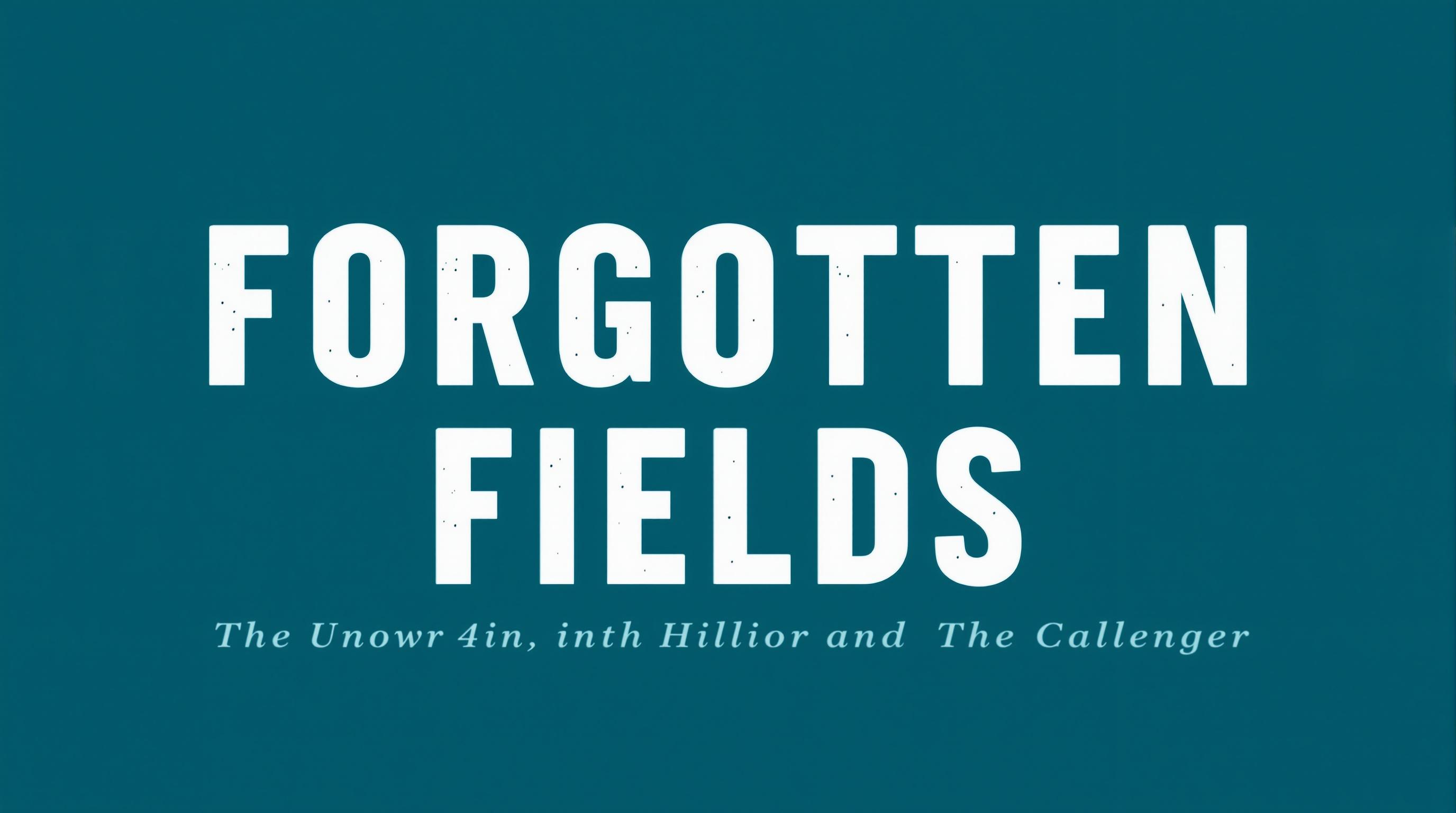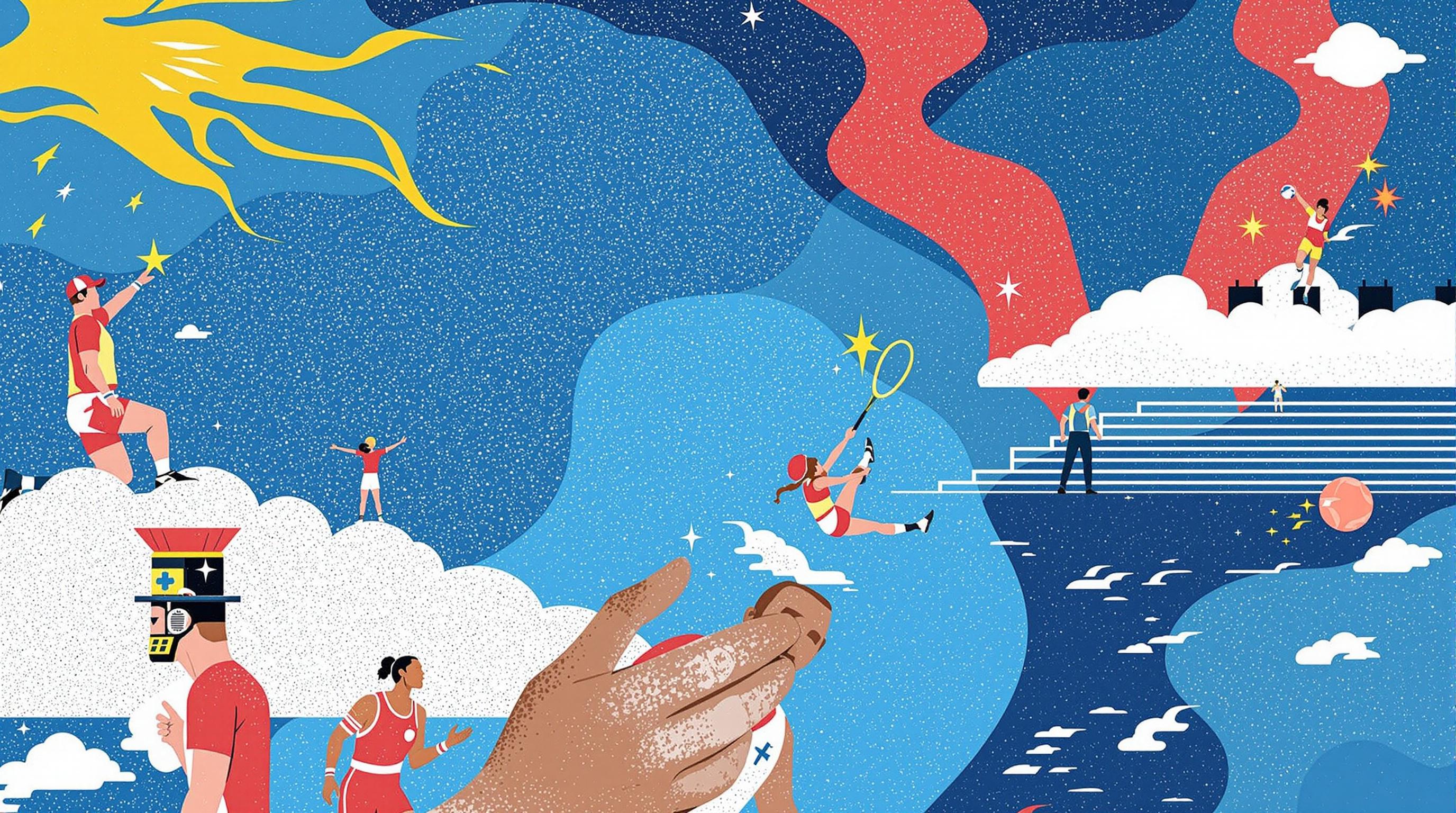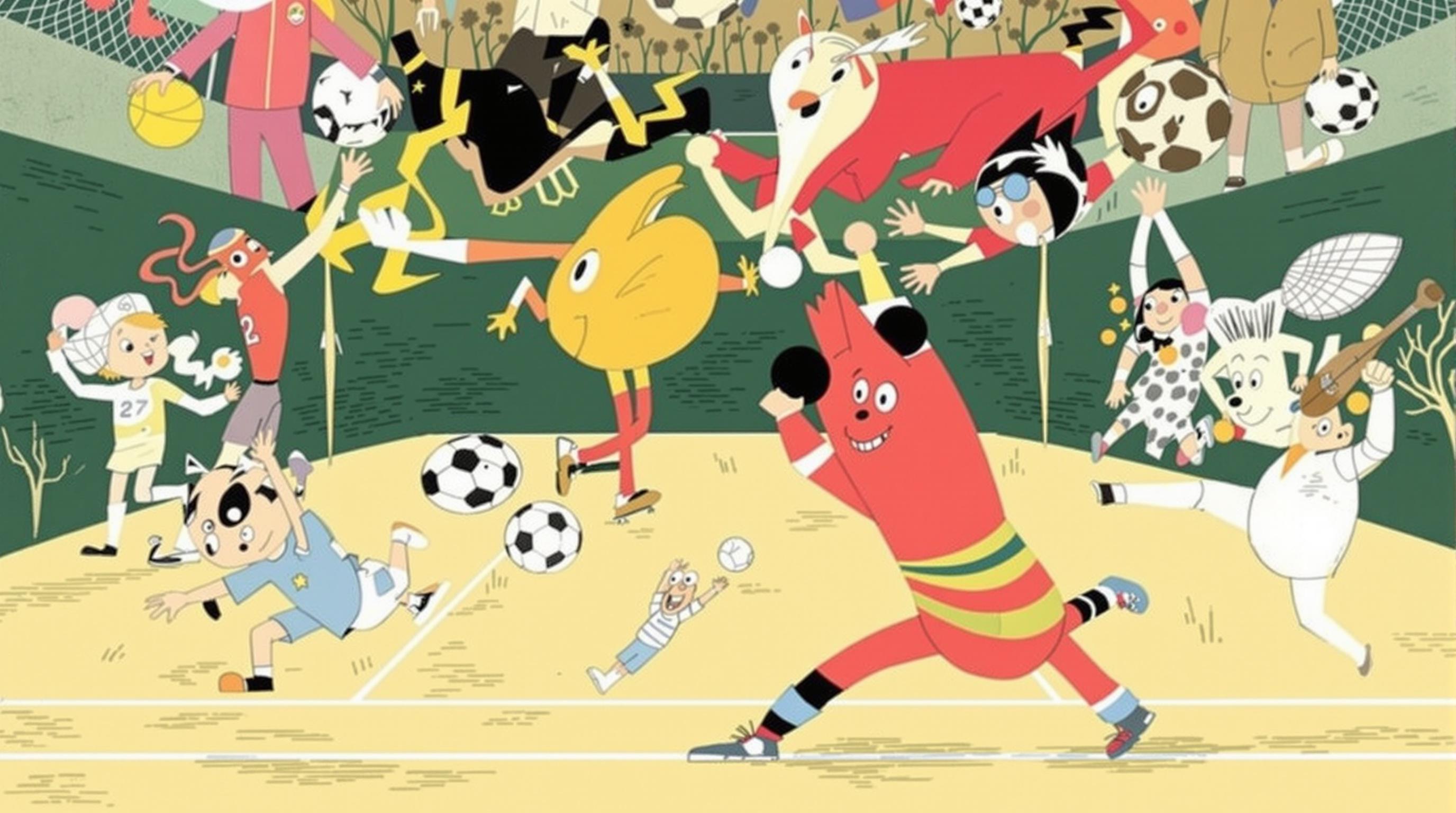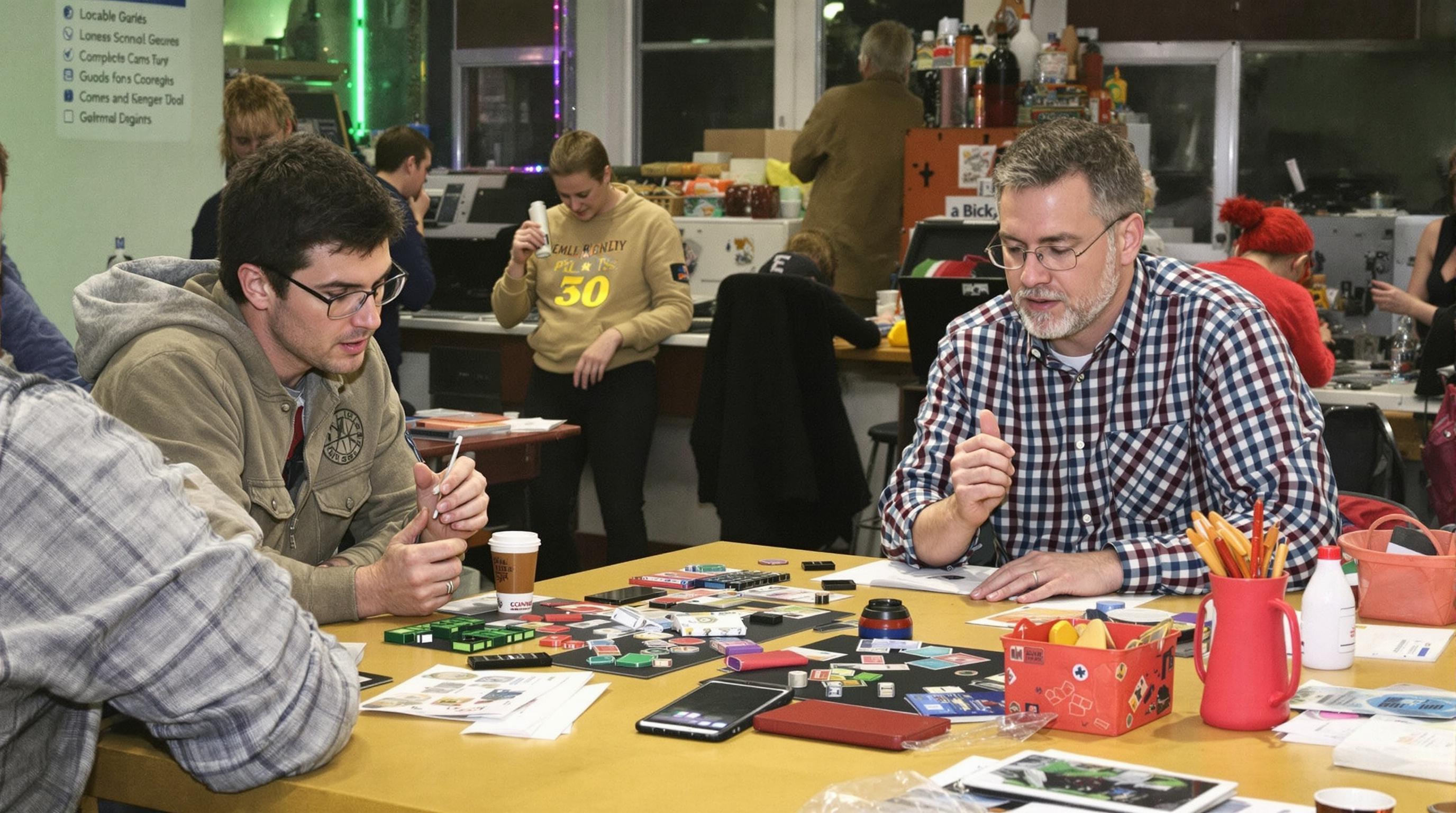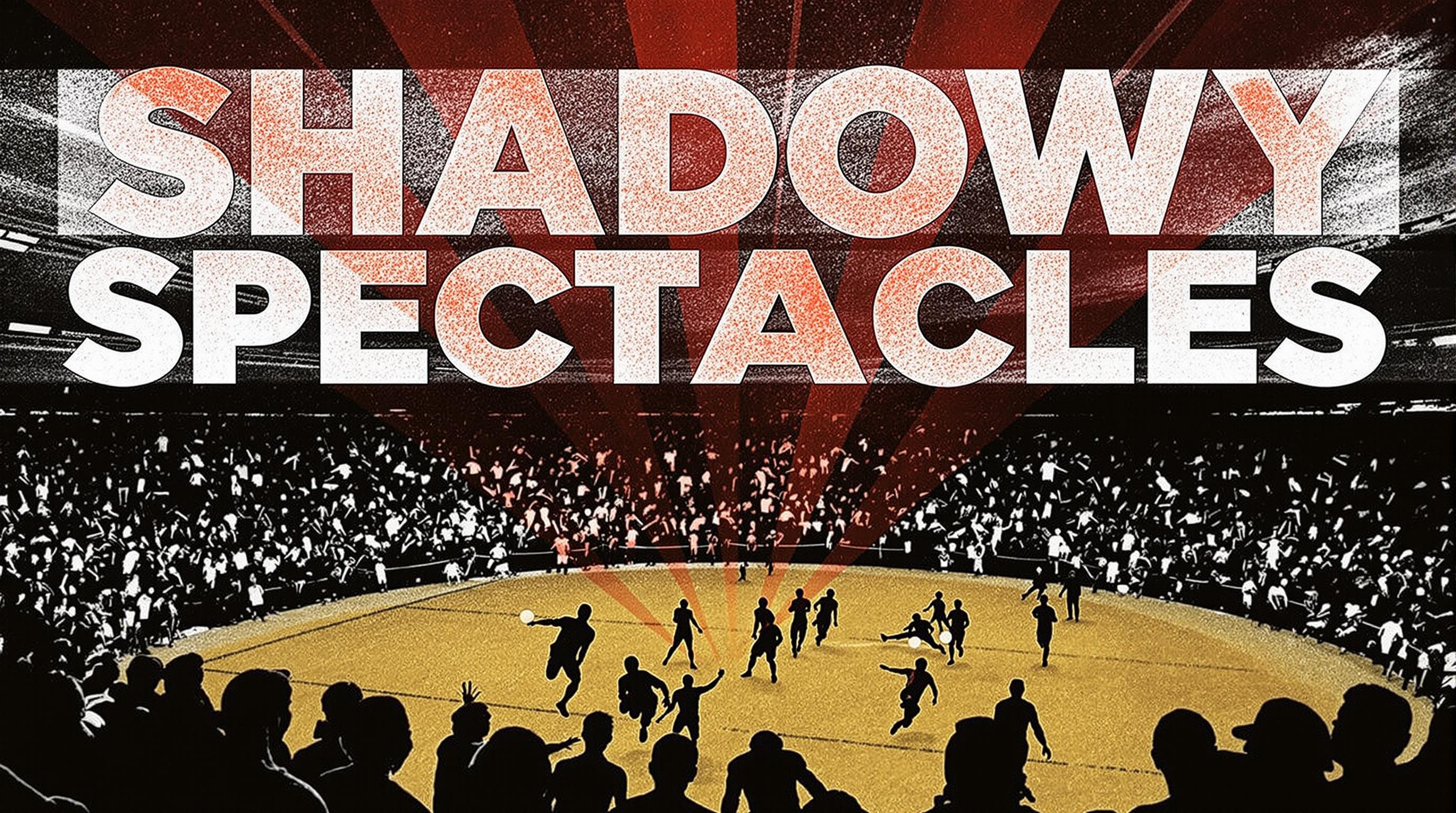Related Articles
- Sporting Rituals: The Curious Connections Between Athletic Events and Ancient Traditions of Worship and Community Bonding
- Game On: The Surprising Influence of Sports on Fashion Trends and Personal Identity in Youth Culture
- Rituals and Rites: How Competitive Sports Influence Cultural Practices in Spiritual and Indigenous Communities
- Sports as Social Glue: Examining the Bond Between Athletic Rivalries and Neighborhood Integration
- Spectacles of Strife: How Weather Patterns Disrupted Historic Sports Events and Changed Athletes' Fortunes
- Bizarre Beginnings: The Unwritten Rules of Quirky Sports and Their Role in Shaping Modern Athletics
Forgotten Fields: The Unconventional Sports of 19th Century Rural Communities and Their Lasting Legacy
Forgotten Fields: The Unconventional Sports of 19th Century Rural Communities and Their Lasting Legacy
In the 19th century, rural communities thrived on unconventional sports that were both community-building and a reflection of their unique cultures. This article delves into the forgotten fields of these activities, examining their histories, their societal impacts, and their legacies that still linger in modern sports.
The Roots of Unconventional Sports
To truly understand the unconventional sports of the 19th century, one must travel back to a time when community life revolved around the rhythm of the seasons and agriculture. Sports were not merely for competition; they were a means of socialization, an expression of regional identity, and often an entertaining distraction from the hard labor of daily life.
The Quirky Games of Yesteryear
Across the rural landscapes of Britain and America, a variety of unusual sports emerged. Take, for instance, the peculiar yet entertaining sport of shin-kicking, which was especially prevalent in Gloucestershire, England. Contestants would wear padded trousers and attempt to kick each other's shins, with both competitors adopting a strategy that combined bravery with an inherent comedic value. In 1838, the first documented shin-kicking championship took place, highlighting its acceptance in rural sports culture (Hughes, 2010). Who would have thought that a good whack to the leg could be so entertaining?
Case Study: The Cheese Rolling Derby
Perhaps one of the most whimsical sporting events of the era was the Annual Cheese Rolling Derby at Cooper's Hill in Gloucestershire, famously pushing participants down a steep hill chasing a wheel of cheese. Local residents would watch the antics of brave competitors tumbling and colliding, all for the elusive wheel of Double Gloucester cheese. Interestingly, reports of this event date back to the early 1800s, and while the origins of the tradition remain unclear, it solidified itself as a beloved rural pastime.
The Role of Community
During the 19th century, participating in these unconventional sports was not just about individual accolades; it was about community involvement. Villagers would come together to cheer on competitors, creating a sense of unity and shared purpose. In towns where life could often be mundane and labor-intensive, these games brought excitement and joy. It provided a much-needed respite from the harsh realities of farm life, allowing communities to bond over laughter and spirited competition.
Statistics and Impact
Surprisingly, a 1852 study in rural New England indicated that over 75% of communities engaged in some form of organized sport, whether conventional or unconventional (Silver, 2018). Events like barn-raising and harvest festivals often included competitions, showcasing everything from wheelbarrow races to tug-of-war! These statistics illustrate not just the prevalence of sports, but their importance in strengthening community ties.
The Legacy Lives On
Fast forward to today, and we can still see remnants of these unconventional sports in modern athletic events. The spirit of competition remains, while the whimsical nature of these rural games filters through into contemporary activities. For example, events like mud runs and obstacle races echo the spirited nature of old-fashioned rural competitions where physical prowess met playful antics.
A Contemporary Perspective
“So what does shin-kicking have to do with football?” one might ask. Well, the underlying narrative of connecting through play remains vital! Just as centuries ago, our modern sports act as social glue—fostering teamwork, camaraderie, and leagues, both local and global. The essence doesn't change, even if the format does!
A Humorously Gruesome Sport: The Origins of Haggis Hurling
Another bizarre yet fascinating activity hailing from Scotland is haggis hurling—yes, that’s right, tossing a sheep’s stomach filled with organs! This sport epitomizes the rural community spirit and ingenuity, where a resourceful twist on leftovers became a competitive event. What better way to epitomize “waste not, want not” than heaving haggis in the air?
Voices from the Past: Spectator Accounts
Judging by written accounts from spectators at these events, it’s evident that the atmosphere was often that of joviality. A local newspaper in 1864 once proclaimed, “The tumble down Cooper's Hill was as entertaining as a theatrical performance—those fools running after cheese looked as if they were born to roll!” (Duffy, 1864). Such commentary emphasizes not only the entertainment value but also reflects the pride and identity these activities instilled in local populations.
The Modern Echo of Rural Games
Interestingly, many of these forgotten sports have made a comeback in recent years, often under the umbrella of “festival games.” Festivals celebrating these quirky activities have re-emerged, attracting adventurous participants and curious spectators. Folks might now find themselves attending a haggis hurling festival in Edinburgh or a cheese rolling event on the same hills that locals once raced down.
In Conclusion: Rediscovering Our Roots
The unconventional sports of 19th-century rural communities were far more than mere games; they were a testament to human creativity, community cohesion, and cultural identity. As we rediscover these activities today, they remind us of the joy in play and the bonds we share with our neighbors. Perhaps it's time to put on those padded trousers, grab a wheel of cheese, and kick off our own version of shin-kicking—or whatever wild idea springs to mind—because after all, life's too short to take too seriously!
Final Thoughts
So, next time you gather with friends or family, consider how you might create your own version of a forgotten field. Embrace the unusual and celebrate life with games that reflect your own unique community spirit—because as history has shown us, even the weirdest of sports can create the most wonderful of memories.
And who knows, you may just invent the next big thing in unconventional sports. After all, there’s always room for a little more laughter in this world!
References:
Hughes, T. (2010). The Quirks of Rural Pastimes. London: Sport History Press.
Silver, E. (2018). Sports in 19th Century America: A Data-Driven Approach. New York: Stats Books Publications.
Duffy, A. (1864). The Cheese Roll Phenomenon. Gloucestershire Gazette.
